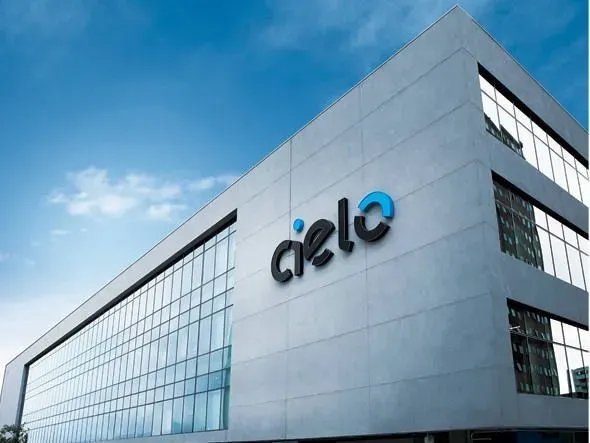Brazil’s Leading PoS devices accept crypto according to a report by Cointelegraph. The Point-of-Sale devices are provided by Cielo, a payment provider.
Cielo, the largest payments provider in Brazil, has recently announced that it will start accepting cryptocurrency payments in its Point-of-Sale devices. The devices are used extensively all over the country. There are over 1.4 million reported devices that will begin accepting Bitcoin and other cryptocurrencies as valid exchange.
While developed countries have been dragging their feet with regard to the crypto innovation, Brazil is leading the charge for mass adoption. Cielo is the largest payments provider in the country. Other services may follow suit.
Using crypto in any Cielo powered store makes it easier to spend from crypto wallets. Usually crypto users have to exchange their coins into fiat currencies to use them. In certain countries this is easier said than done.
The lack of liquidity of crypto assets have been the greatest drawback for a lot of people considering crypto as exchange. With the Cielo PoS systems, Brazilians can make crypto transactions commonplace.
About Cielo
Cielo is the largest Brazilian credit and debit card operator. Cielo is the biggest payment system company in Latin America by revenue and market value.
Companhia Brasileira de Meios de Pagamento (Brazilian Company of Means of Payment), dba VisaNet, was founded in 1995 as a joint-venture between Visa International and the banks Bradesco, Santander, Real (currently Banco Santander Brasil), Banco do Brasil and the now defunct Banco Nacional. Its purpose was to create a common infrastructure to be used by all banks issuing Visa cards, instead of each bank having a separate technological solution to process credit card transactions.
On July 1, 2010 VisaNet was renamed Cielo and was no longer the only processor of Visa cards in Brazil, following a regulation by the Brazilian government. Its main competitor, Rede, was now allowed to process Visa cards, and Cielo was allowed to process MasterCard, Diners Club and other cards which were only processed by Redecard.
Crypto Mass Adoption with Telegram
In a report by TheBlockCrypto, Telegram will begin public testing its long-awaited TON blockchain on September 1, according to a report by Russian news site Vedomosti. As part of its test, Telegram will also release the code for running TON nodes and instructions on how to set up a node. TON’s consensus mechanism and sharding scheme will also be available for testing.
Earlier this week, The New York Times reported that Telegram had notified its investors that it is ready to send out its initial batch of the TON blockchain’s native token, GRAM, within the next two months. Telegram also plans to give its 200 million-plus users access to GRAM wallets. Furthermore, according to CoinDesk, TON Labs, a technology company building products and service for TON, is working on a Solidity compiler tool to enable Ethereum dApps and help developers migrate their code over to TON.
Telegram raised $1.7 billion in a May 2018 ICO from investors including Kleiner Perkins Caufield & Byers, Benchmark and Sequoia Capital. In May 2019, Telegram released its blockchain testnet.



